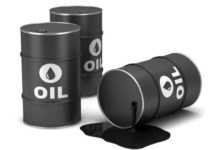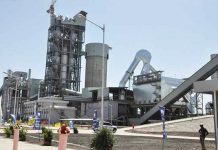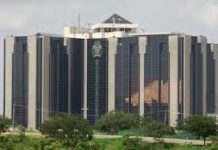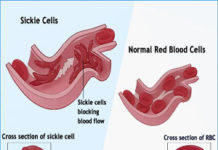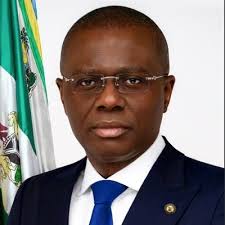
Lagos Partners Chinese Firm to Construct Green Line Rail
The Lagos government has signed a memorandum of understanding (MoU) with the ministry of finance incorporated (MOFI) and China Harbour Engineering Company (CHEC) to construct the green line rail in the state.
In an announcement on Thursday, Babajide Sanwo-Olu, governor of Lagos, said the green line is projected to carry over 500,000 passengers daily with numbers expected to increase as demand grows.
The green line is a 68 km rail line designed to run from the Lekki free zone to connect with the blue line at Marina.
“Today, we signed a historic Memorandum of Understanding with the Ministry of Finance Incorporated (MOFI) and China Harbour Engineering Company (CHEC) to bring this ambitious project to life,” the governor said.
“This new line will transform our transport landscape, linking key areas like Victoria Island, Lekki, Ajah, and more.
“This rail line is projected to carry over 500,000 passengers daily at launch, rising to over a million as demand grows.
“With the Ministry of Finance Incorporated and CHEC leading the design, financing, and operation, the Green Line will redefine public transport in Lagos.
“The Green Line complements our existing rail lines, including the Red Line, which has already begun partial operations. Together, these lines form the backbone of our Strategic Transport Master Plan, designed to create a fast, efficient, and connected Lagos.
“The impact of these rail lines goes beyond transportation – they are catalysts for economic growth, connecting communities, reducing travel times, and enhancing the quality of life for millions. We are building a city that works.
“Just yesterday, we celebrated the one-year anniversary of the Lagos Rail Mass Transit Blue Line, which has served an impressive 2 million passengers without significant disruptions.
“This success shows that Lagos is ready for more – we are ready for the future. In August 2024, the Blue Line increased daily trips from 54 to 72, reducing travel time between Marina and Mile 2 from 30 to 18 minutes.
“The impact of these rail lines goes beyond transportation – they are catalysts for economic growth, connecting communities, reducing travel times, and enhancing the quality of life for millions. We are building a city that works.”

